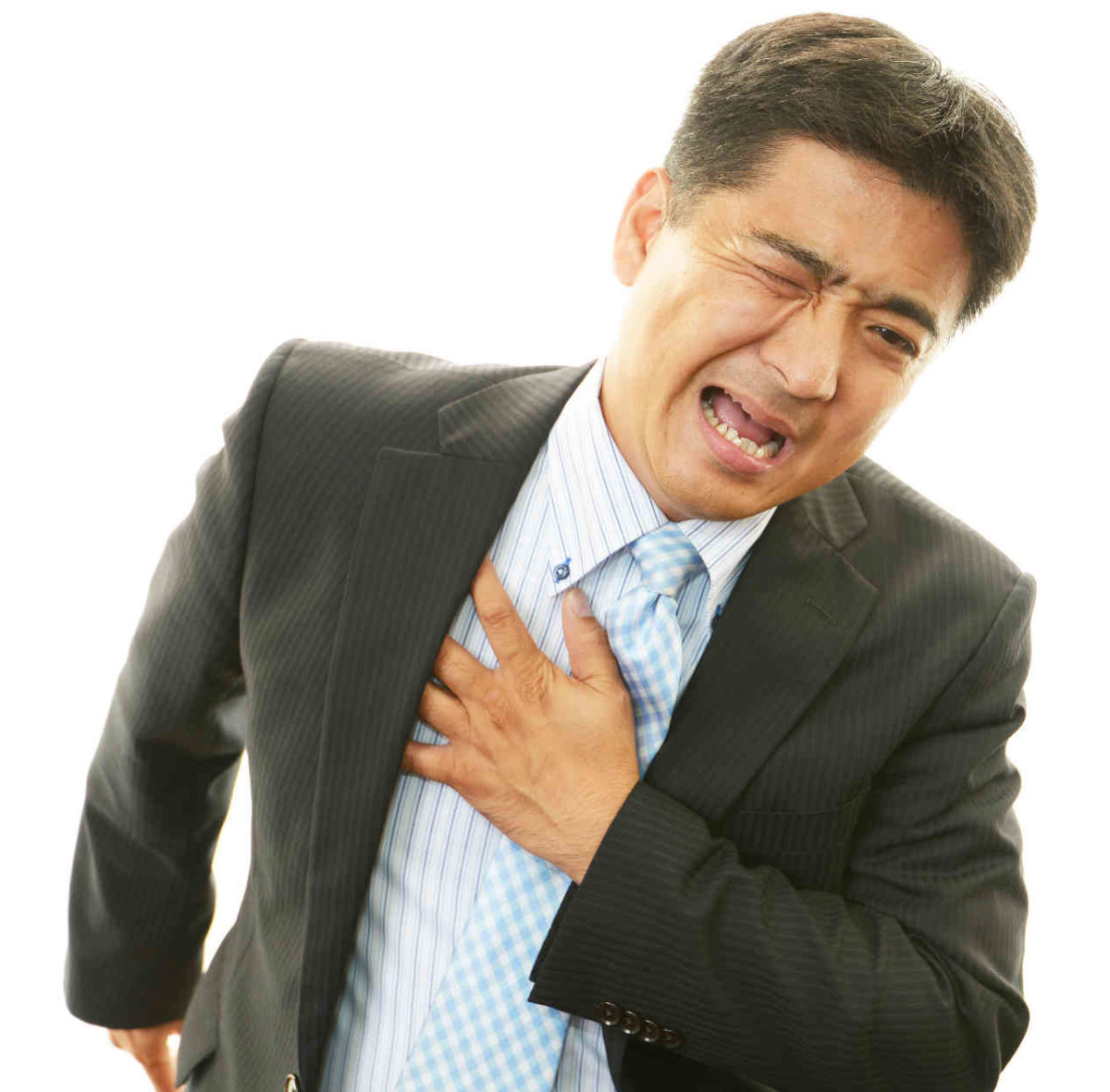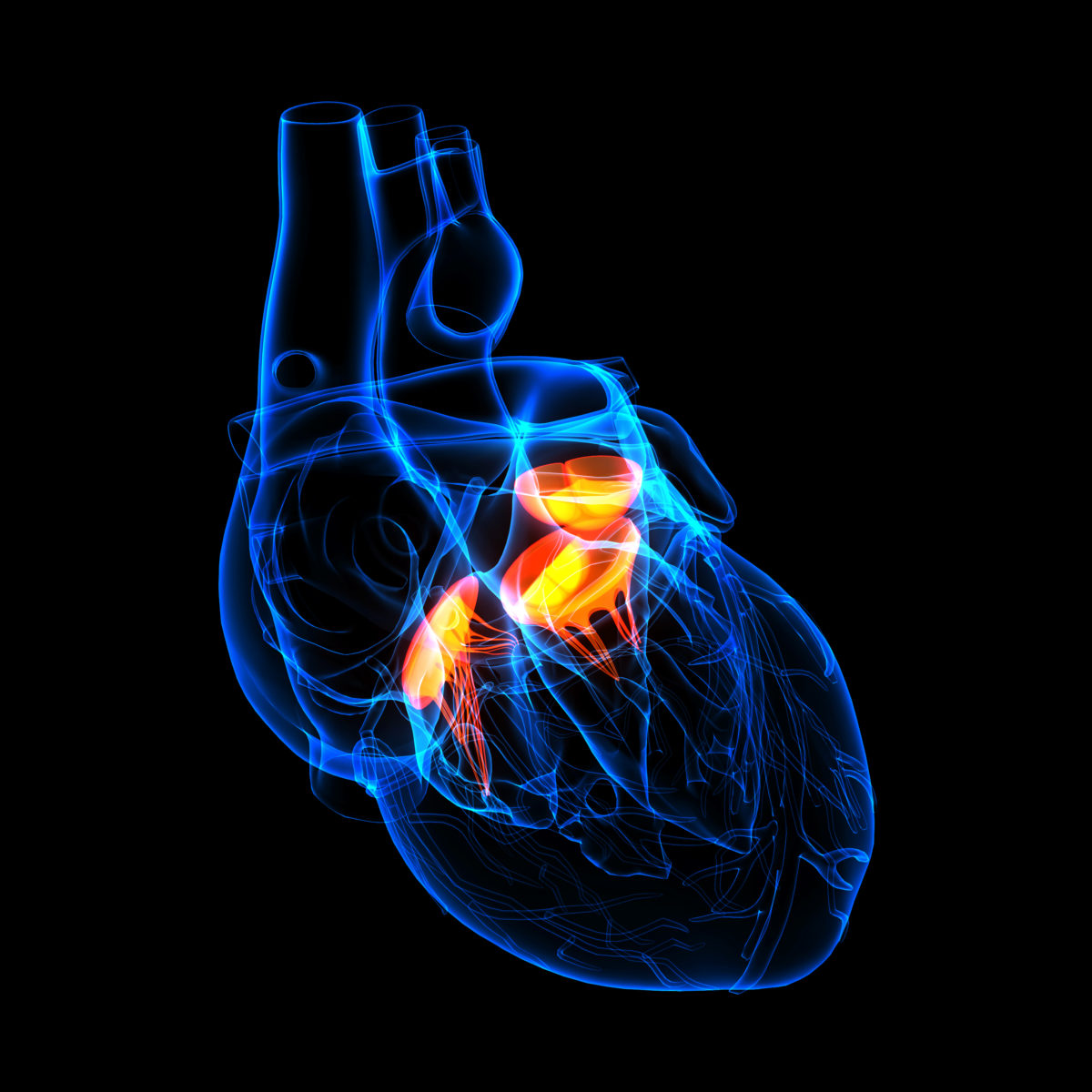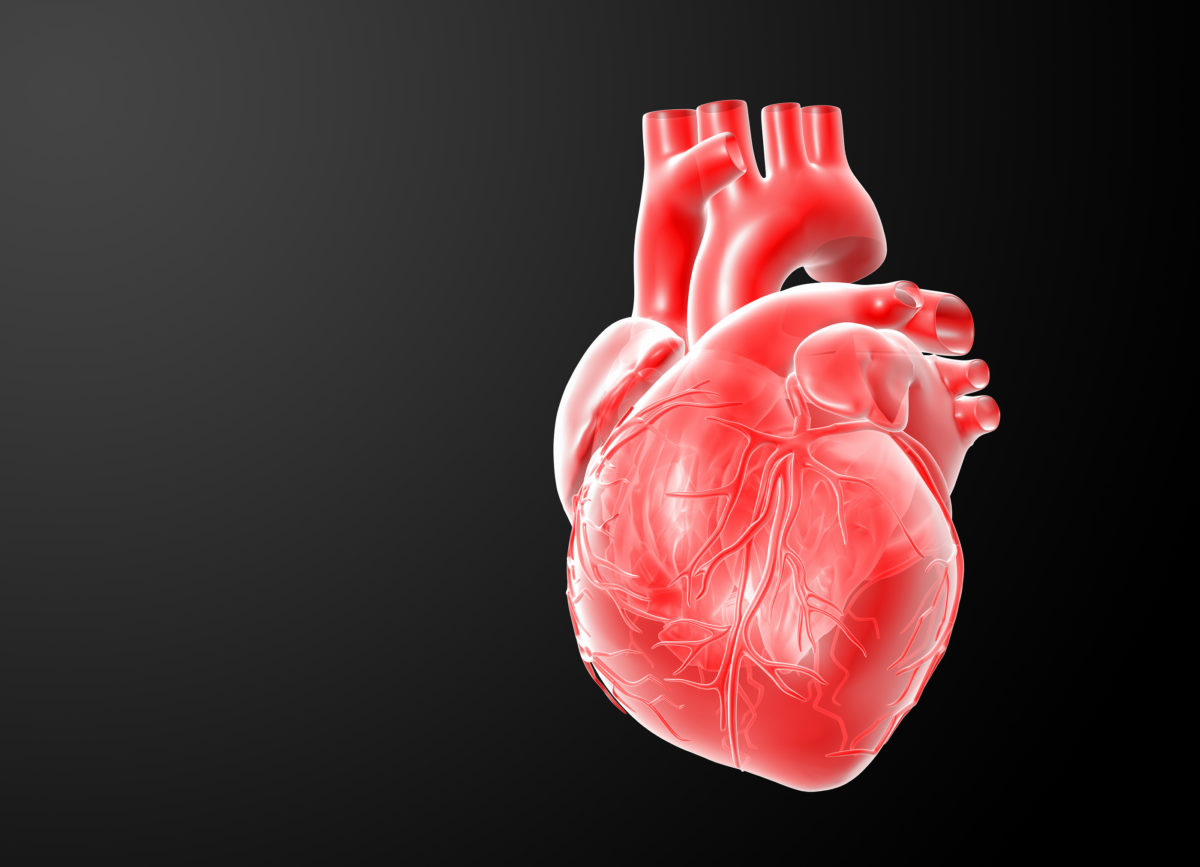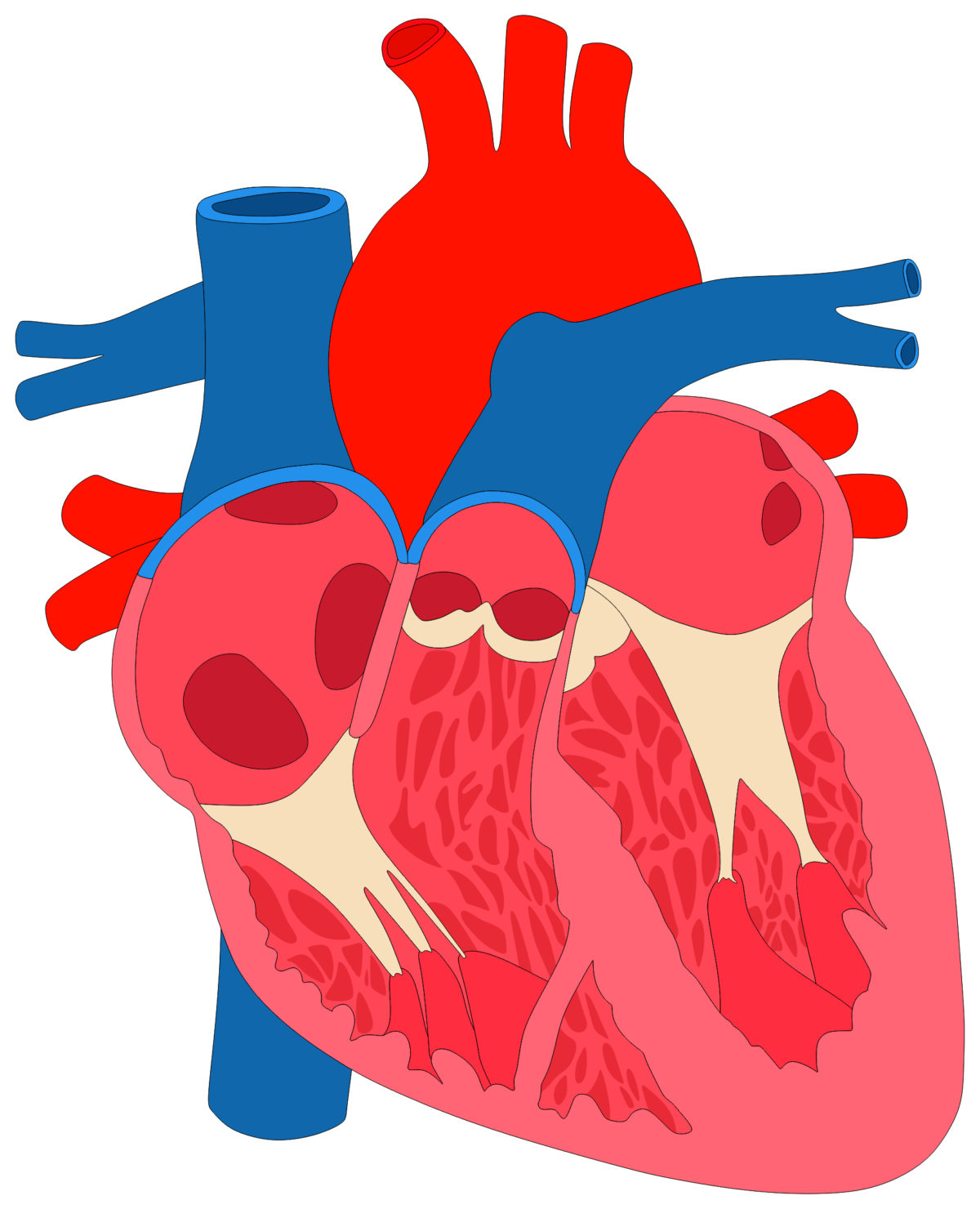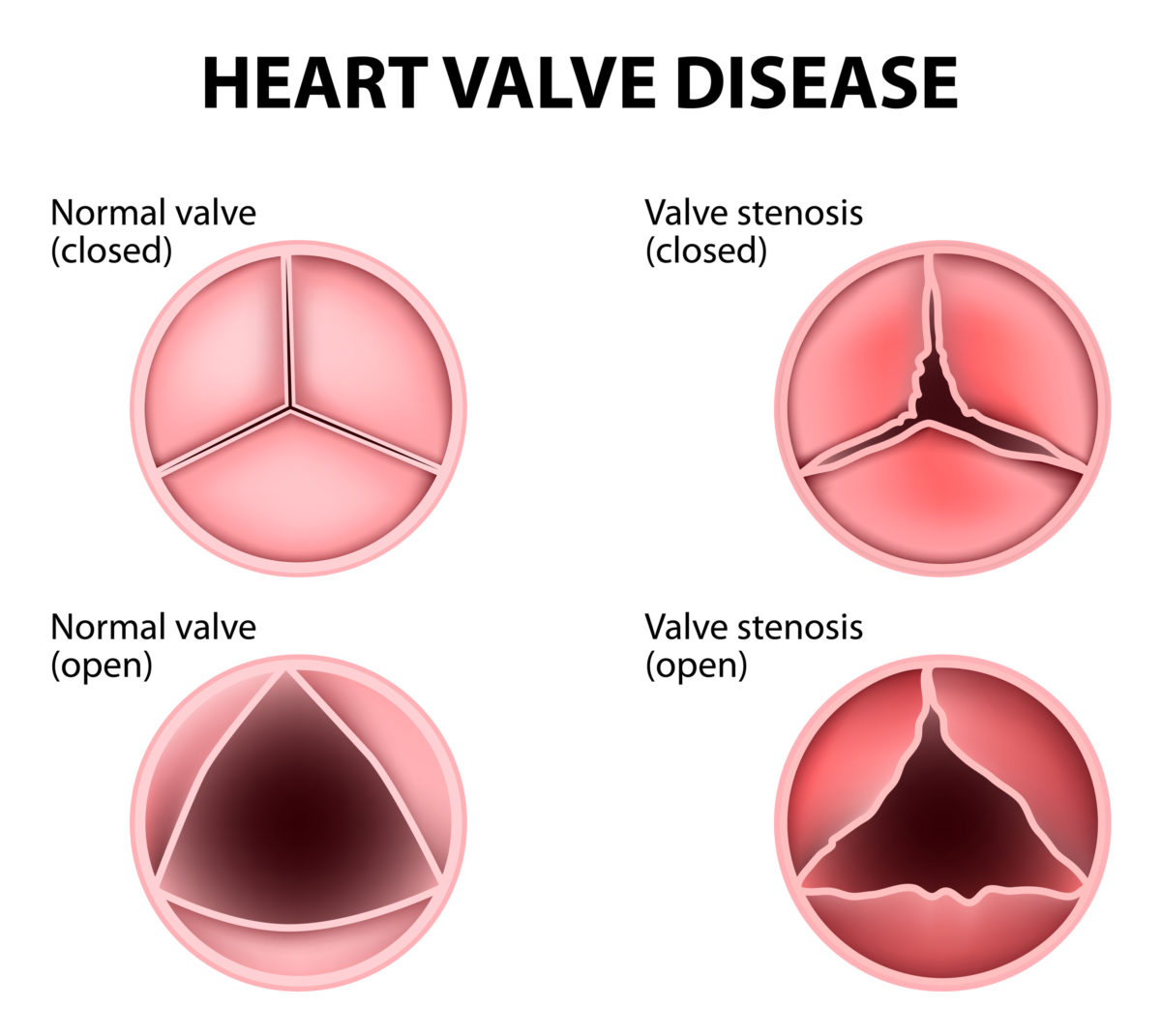Heart disease is the leading cause of death in America. Each year, more than 600,000 people die from a form of this disease. Each year, more than 5 million Americans are diagnosed with heart valve disease. But, why? Why do so many people develop heart disease? When it comes to heart disease, there are a number of different risk factors that can lead a person to developing one of the many forms of heart disease. Below, we share with you some of the common risk factors associated with heart valve disease.
Genetics – Heart disease or abnormalities can commonly run in families, especially bicuspid aortic valve disease or mitral valve prolapse.
Age – As we get older, the heart valve ages as well. The flaps (leaflets) in the valves can thicken and harden as they get older which causes a restriction of blood flow. Men over 65 years old and women over 75 years old are at the highest risk for developing heart valve disease.
Heart attack – When a person has a heart attack, this can cause damage to the heart, and affect the function of the valves.
High blood pressure – If a person has perpetual high blood pressure, the heart works harder, so it becomes enlarged. The enlarged heart causes valves to stretch, which can keep the valves from closing correctly.
Cardiomyopathy – If the person has an enlarged heart, not only are the valves stretched, but the tissue ring around them also becomes stretched. If this does occur, leakage in the valves will happen.
Calcium deposits – Calcium deposits can start to build up in the mitral or aortic valves.
Rheumatic fever – Rheumatic fever can damage a person’s heart valves because it causes them to thicken so they no longer open and close properly.
If you fit one or more of these risk factors and are experiencing some symptoms, it may be time for you to contact a doctor. Dr. Peter Mikhail is a cardiac surgeon specializing in mitral valve surgery and mini-AVR. If you’re looking for a cardiac surgeon to perform your heart valve surgery, click here for more information or call 727-312-4844 to book an appointment with Dr. Mikhail.

